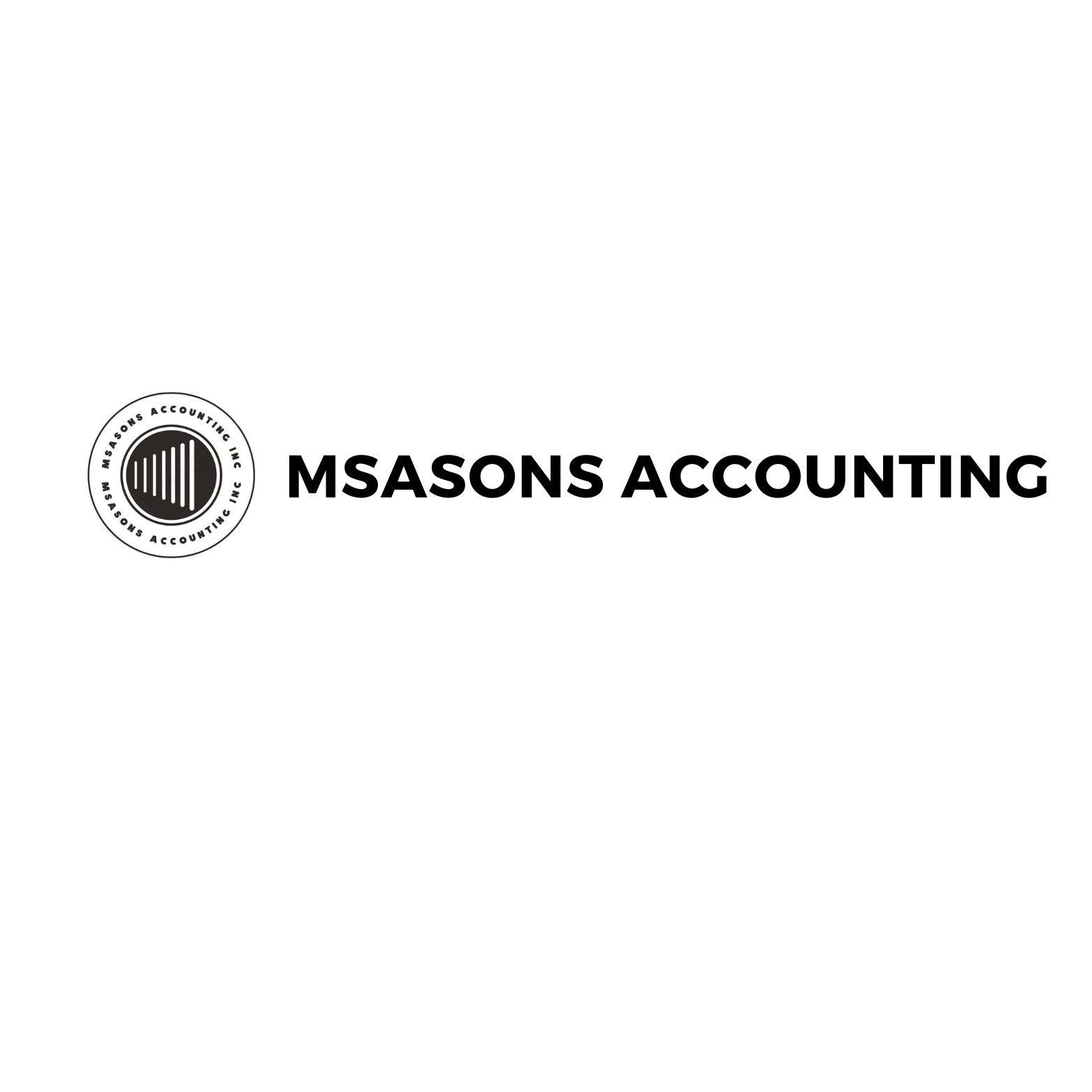FAQ
Questions Fréquemment Posées
Small Businesses & Self-Employed
A self-employed individual can range from a social media influencer, Uber driver, or Airbnb host to IT specialists, incorporated medical professionals, lawyers, sole proprietors, or corporate business owners. And yes, filing taxes is mandatory.
Yes, you do. Even if your small business earned less than $5,000 last year, you must file a tax return. Sole proprietors or partnerships use the T1 income tax form, the same form used for personal income taxes. If your business operates as a corporation, you must file a T2 corporate income tax return.
Eligible expenses include business and marketing fees, software leases, legal fees, vehicle costs, financial or borrowing expenses, capital expenses (e.g., furniture, equipment, hardware), office supplies, and utilities—even if you work from home. Our team can guide you on maximizing your deductions.
Our payroll services cover calculating source deductions, preparing employee cheques or direct deposits, and generating year-end T-4s and RL-1 summaries. We ensure your payroll runs smoothly and complies with regulations.
Once your business earns $30,000 within a consecutive 12-month period, you are required to register for a sales tax number and begin charging applicable taxes. We can assist with the registration process, guide you through annual filings, and even help you decide whether to self-nominate for Employment Insurance.
The tax rate you charge depends on the province or territory where your clients reside. For clients outside of Canada, no taxes need to be applied. We can help ensure compliance with regional tax requirements.
Absolutely! We provide setup and training for QuickBooks, Sage 50, and Acomba, empowering you to manage your bookkeeping with confidence. Our services also include ongoing support, such as quarterly check-ins and filing assistance tailored to your business needs.
Of course! Our team of highly experienced professionals has handled a wide variety of scenarios. Contact us to explore solutions for your specific situation, or visit us during walk-in hours (Monday to Friday, noon to 7:00 PM).
Business tax rates in Québec depend on several factors, including your company’s structure and circumstances, and federal taxes also apply. Contact us for a personalized assessment, and we’ll help you determine your rate and develop a plan.
Small businesses must file an annual corporate tax return. If registered in Québec, a provincial tax return is also required. Additionally, GST/QST must be remitted if the business exceeds $30,000 in revenue over 12 months. For businesses with employees, source deductions must be reported and paid. We offer training to help you manage these tasks or can handle them for you.
Absolutely! Feel free to reach out to us or visit during our walk-in hours. We’re here to assist with tax preparation, bookkeeping, business incorporation, and all your accounting needs.
Individuals
Personal income taxes for the previous calendar year must be filed by April 30, 2024, for most individuals. For self-employed individuals and their spouses, the deadline extends to June 17, 2024. Filing early ensures you avoid penalties or interest charges on outstanding taxes.
Absolutely! Falling behind on taxes happens, and we’re here to guide you. We’ll evaluate your situation, identify possible credits or deductions, and work on a plan to settle any amounts owed. It’s never too late to get back on track.
Saving for a first home can be simplified with the right tools. The Tax-Free First Home Savings Account (FHSA) and RRSP contributions both provide tax advantages while helping you build your savings. We can help you explore all available options to maximize your financial readiness.
Eligible renovation expenses include construction materials, professional labor, permits, and equipment rentals. Items like financing costs or services provided by family members (unless GST/HST registered) do not qualify. Consult us for a tailored approach to your project.
This refundable credit applies to home renovations that create a separate living space for seniors or individuals eligible for the Disability Tax Credit. If you made qualifying renovations in 2023, you may be eligible to claim this credit.
Retirement planning depends on various factors, including income goals, savings, and lifestyle preferences. Whether you plan to retire at 60, 65, or later, we’ll help you understand the tax and financial implications to make the best decision for your future.
There are many ways to grow your wealth beyond traditional RRSPs and TFSAs. From stocks to mutual funds or even alternative investments, we can guide you toward options that fit your financial goals. Starting small is fine—the key is starting now.
Parents in Québec can claim a refundable tax credit for childcare expenses, such as daycare fees. Depending on your household income, you may recover up to 60% of the costs, making private daycare surprisingly affordable. Let us help you calculate your potential savings.
Rental income is considered taxable, but various costs, such as repairs, advertising, and property management fees, can be deducted. We specialize in helping property owners maximize their deductions while staying compliant with tax laws.
Yes, any income from Airbnb or other short-term rental platforms must be reported as taxable income. Whether it’s a primary source of income or a side hustle, we’ll help you organize your records and claim applicable expenses.
Yes, gig workers are considered self-employed, which means you are responsible for reporting income and expenses. Properly tracking your earnings and deductions is key to minimizing your tax liability. We can guide you through the process.
Yes, all income, including earnings from platforms like YouTube, TikTok, or Twitch, is taxable. Whether it’s sponsorship deals, ad revenue, or merchandise sales, we’ll help you declare your income correctly while identifying eligible business expenses.
Yes, cryptocurrency transactions—such as selling, exchanging, or using crypto as payment—may result in taxable events. Depending on how the crypto is used, it could be taxed as business income or capital gains. We can help you navigate these complex regulations.

